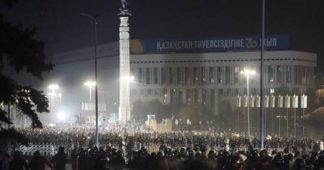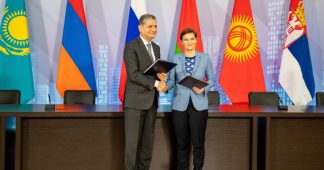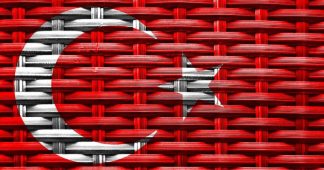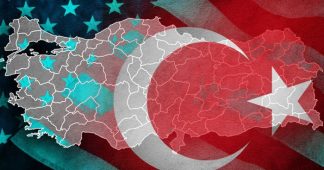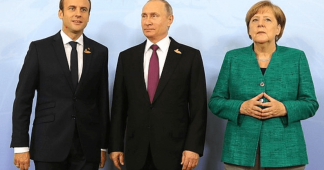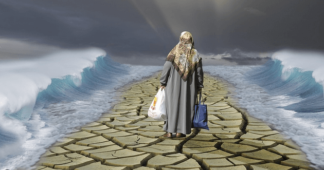The world news is uniformly vague about what constitutes the opposition and who the insurgents are. Much is made of the word nationalist but no information is available about the role of pro-Western, pan-Turkic and Islamist factions, for example. The government Kazinform news site has been offline all day.
====
TASS: CSTO Council decides to send collective peacekeeping forces to Kazakhstan
Trend News Agency: CSTO sends its peacekeepers to Kazakhstan
Reuters: Armenia says peacekeepers from Russian-led alliance to go to Kazakhstan
Massis Post: Armenia’s PM Announced CSTO to Dispatch “Collective Peacekeeping Forces” to Kazakhstan
Sputnik News: Videos. CSTO to Deploy Peacekeeping Forces to Kazakhstan as Fighting Reportedly Starts in Almaty.
112 Ukraine: Eight police and national guard troops dead, 317 injured during unrest in Kazakhstan
Interfax: State of emergency imposed across all of Kazakhstan over mass unrest
TASS: Security at Baikonur spaceport’s key facilities tightened, Roscosmos chief says
Xinhua: Tokayev vows “tough” response as situation in Kazakhstan “extremely tense”
Deutsche Welle: Kazakhstan president confirms takeover of Almaty airport
News.am: Kazakh protesters seize Kazakh president’s residence and destroy TV channels premises
Belarusian Telegraph Agency: MFA: Belarus is concerned over developments in Kazakhstan
====
Background on crisis in Kazakhstan
Whatever the nature of the steadily mounting conflict in Kazakhstan, whether it was initially and remains motivated by rising gasoline prices as in France with the emergence of the Yellow Vest movement three years ago, or whether it has been or is developing into something more political – and geopolitical – will become more clear in the ensuing days.
Irrespective of the nature and course of the situation, this background information is worth recalling.
Kazakhstan is one of three nations bordering both Russia and China, far the most strategically vital one at that. (The others are Mongolia and North Korea.)
It is a member of the Commonwealth of Independent States, Collective Security Treaty Organization, Eurasian Economic Union, Shanghai Cooperation Organization and the recently-renamed Organization of Turkic States as well as the Organization for Security and Co-operation in Europe. It also was among the first former Soviet states to join a NATO partnership program, the North Atlantic Cooperation Council, in 1992, which was replaced by the Euro-Atlantic Partnership Council/Partnership for Peace in 1997, Kazakhstan remaining a member in the new structure. In 2006 it became the first non-European nation to sign an Individual Partnership Action Plan with NATO.
It borders three of the other four former Soviet Central Asian republics: Kyrgyzstan, Turkmenistan and Uzbekistan. There were uprisings and so-called color revolutions in Kyrgyzstan in 2005 and 2010 and in Uzbekistan in 2005. Kazakhstan accounts for some 60% of Central Asia’s gross domestic product, mainly through natural gas and oil production and distribution.
Kazakhstan is one of five Caspian Sea littoral states, along with Azerbaijan, Iran, Russia and Turkmenistan.
It hosts the Baikonur Cosmodrome, leased to Russia, the world’s largest space launch facility.
Kazakhstan’s border with Russia, at 7,000 kilometers, is the longest continuous land border in the world.
In several significant ways it is a geostrategically vital country. It could be argued that there is none more so.
Background:
Kazakhstan: U.S., NATO Seek Military Outpost Between Russia And China
Kazakhstan: U.S. Planning NATO Naval Base On Caspian Sea?
Published at antibellum679354512.wordpress.com
We remind our readers that publication of articles on our site does not mean that we agree with what is written. Our policy is to publish anything which we consider of interest, so as to assist our readers in forming their opinions. Sometimes we even publish articles with which we totally disagree, since we believe it is important for our readers to be informed on as wide a spectrum of views as possible.
